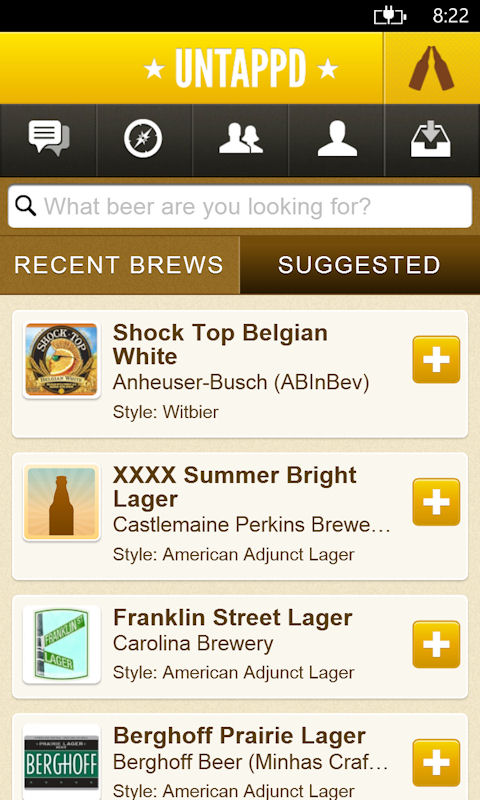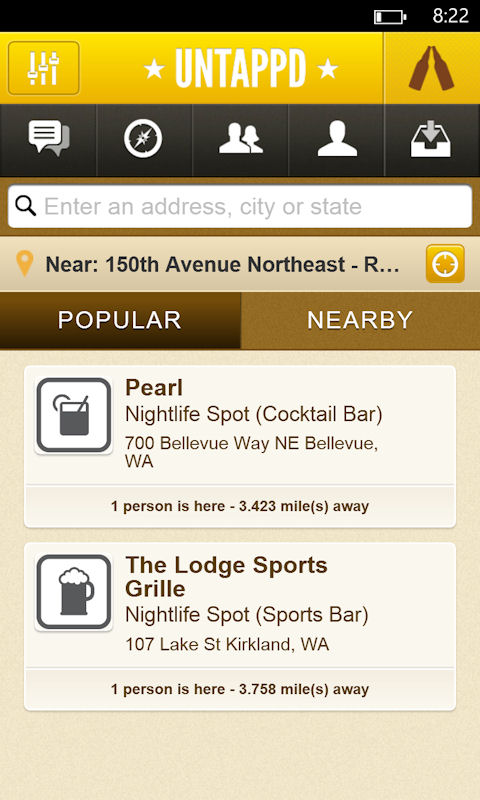After that first port you are at the point where you have to start closely looking over an application to ensure that it does fit into the new operating system, with dialogs, text boxes, and other small details that need to be visually checked, but the very short time to get the majority of code running is a boon to developers.
"A Windows Phone version of our app has always been in high demand, but the HTML5 support just wasn't there on Windows Phone 7," said [Greg] Avola [Co-founder and CTO of Untapped]. "Our app was built mostly for WebKit, so we had to redesign our code to make it work with IE," he added.


The initial port to IE took only four hours after dropping it into PhoneGap, he said. But then a number of tweaks and fixes were needed to make it work correctly on Windows Phone around custom fonts, layout and touch events. Some last-minute bugs (found by Microsoft) and stringent rules around the distribution of alcohol-related apps delayed the planned Untappd app on Windows Phone 8 by about a month, Avola said. But all in all, developing for Windows Phone went more smoothly than many had led Untappd to believe, he said.
There is a trade-off here, and that's the loss of the unique elements of the Windows Phone user interface. Untapped on Windows Phone has more echoes of iOS than what we once knew as Metro, but I think this trade-off is worth it.
While it would be wonderful if every developer of a popular mobile service could devote time to create a native code application for Windows Phone, its not going to be affordable in time or money in every case. Using tools that allow devs to quickly port from one platform to another platform will give them a much more cost-effective route to Windows Phone, and to see the potential of the platform with their service.
Hopefully we'll see more applications taking this route and making Windows Phone a much more social platform for devs and users.
